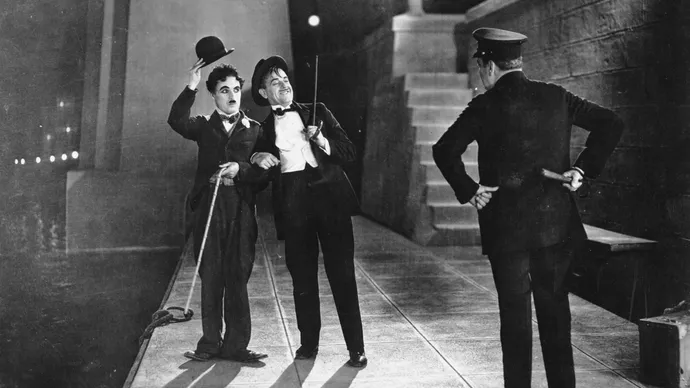
“You’ll never find rainbows if you’re looking down”
-Charlie Chaplin
Charlie Chaplin is remembered as the star icon of silent films and charmed the world with his exceptional talent through his screen persona, the Tramp. His timeless and unbeatable comedy was a mixed bag of melancholy and humor that set him apart from the rest.
His contribution to silent films as an actor, comedian, and filmmaker is recognized to date. But did you know that Charlie Chaplin was also a brilliant composer apart from being a legendary comic & filmmaker?
The introduction of sound to films meant the conclusion of the silent films era. But that only gave Chaplin a new platform to showcase his diversity of talents. With the addition of music to film, Chaplin began composing his own scores. It’s a lesser know fact that from 1931’s City Lights onwards, Charlie Chaplin composed the scores for all his films.
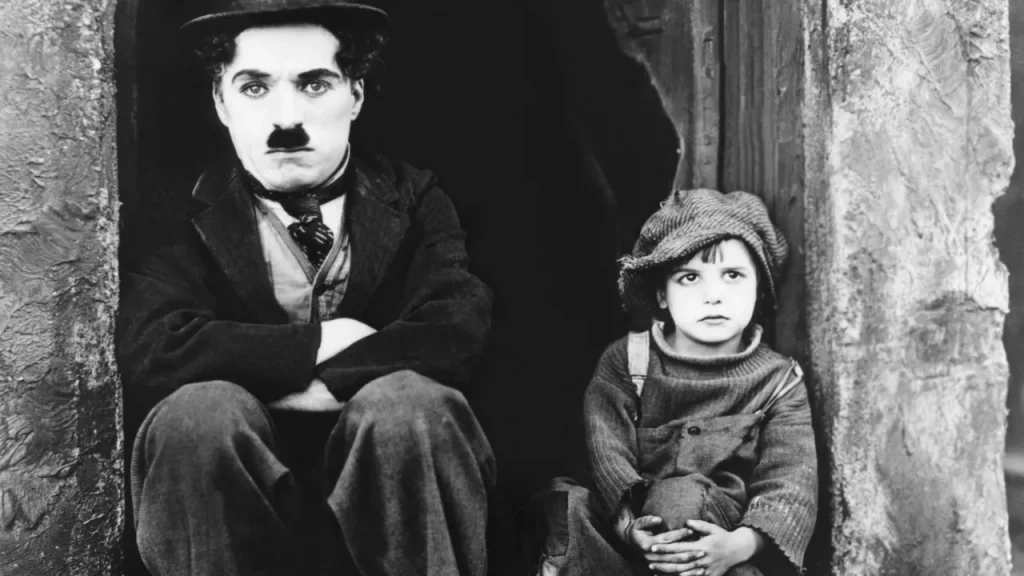
Chaplin had been exposed to music since his early childhood. He came from a family where his parents were regular performers of musical hall shows. He would watch his mother sing and perform and eventually made his first appearance on stage at the age of five. By the age of nine, he began his music hall career and learned how to play musical instruments like the violin and cello by himself.
Through his successful music hall shows, he had the opportunity to meet talented musicians who helped him polish his skills. Eventually, after a failed music publishing company, Chaplin set up his own studio in 1918 and began producing music full-fledged. He even conducted the orchestra himself, during recordings.
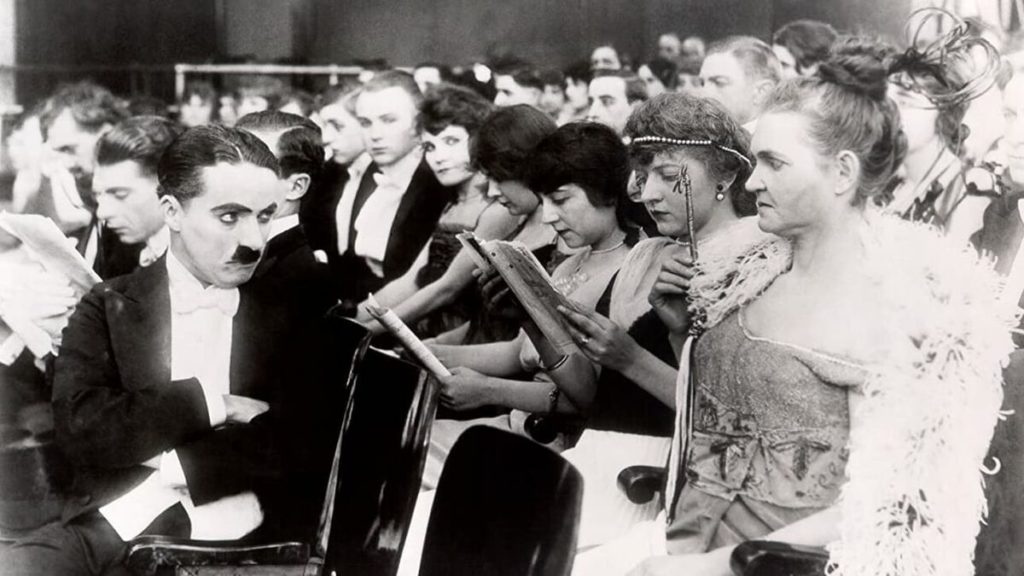
It is clear that Chaplin’s films were conceptualized with his music as a key component. Chaplin’s composition style was characterized by sentiments, theme, structure, and timing. Although Chaplin could not technically read or write music, he played several instruments by ear. He would translate his ideas into scores and soundtracks by humming and singing the notes to his musicians. What he humored as “la-la-ing” to the arranger, eventually turned into some of the most iconic soundtracks in history.
These include the scores of Modern times, The Great Dictator, and many more. Being a skilled violinist and pianist, he eventually gave players tips on how to emulate his unique playing style which became a standardized practice in Chaplin’s work.
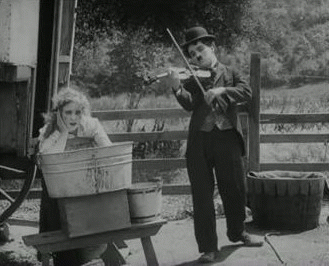
Chaplin did not stop playing music even when he became a world-renowned actor and comedian. The contemporary actors and journalists recall how Chaplin would always carry his violin wherever he went.
Since the beginning of his career, Chaplin liked to have full control over his work including the music for his feature films. He would involve himself in musical production by approving and co-composing tunes. But it was only after City Lights that he started fully composing scores for all his feature films with the help of a musical associate. This eventually won him an Oscar for the score of “Limelight.” He further went on to compose even greater scores for his films such as Monsieur Verdoux, The Great Dictator, and many more.
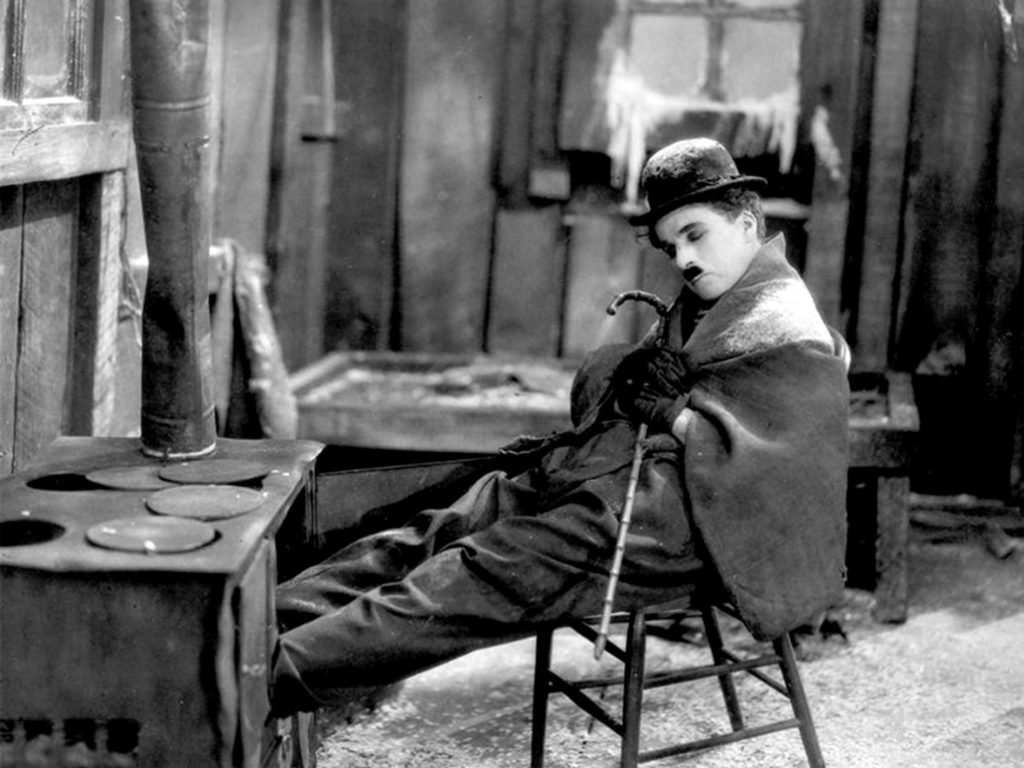
People often described Chaplin’s music as a dichotomy of happiness and sadness that is reflected in his melodies and mirrored by the theme in his films. His music, which he went on to write until almost the end of his life, is a testimony to his love of both life and his work.
Chaplin’s quotes have inspired many, remaining true to himself and the life he lived. “Imagination means nothing without doing” perfectly encapsulates his writing, directing, producing, and composing the music for most of his films.
Honoring his legacy and mastery, the ‘Charlie Chaplin’ Motiva was created featuring some of his most thought-provoking and inspirational quotes that the world needs even today. Illustrated by Noma Bar, Chaplin has been a key inspiration to the artist and has influenced his own storytelling. This Motiva is a tribute to the triumphant icon who impacted the world with his ingenuity and exceptional charisma.